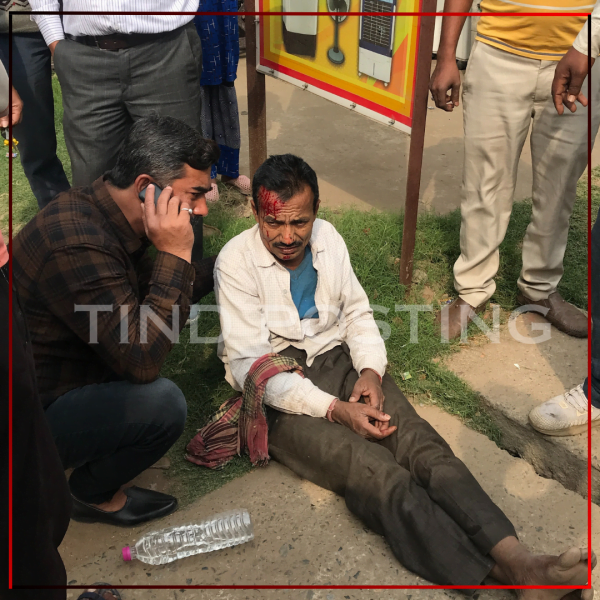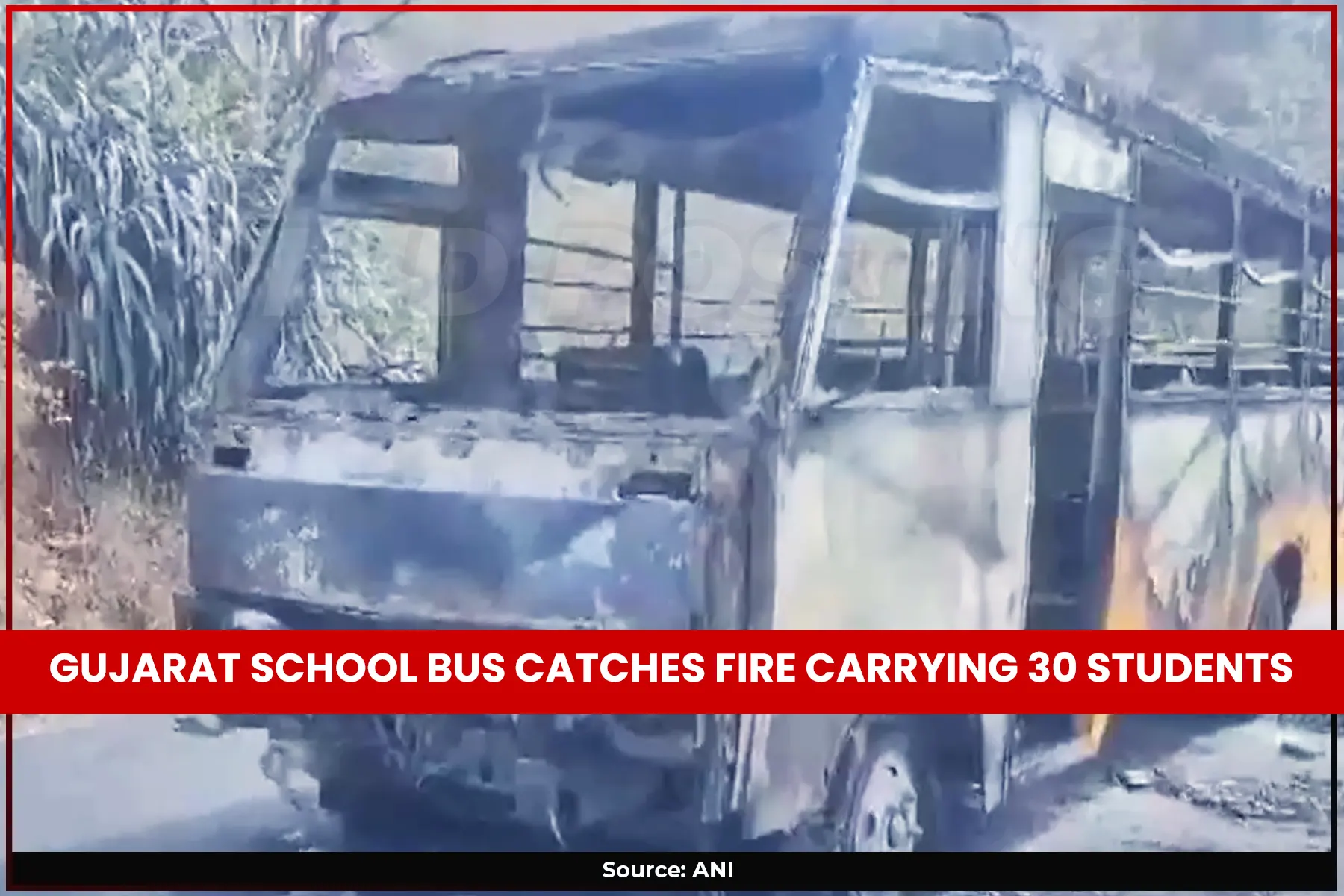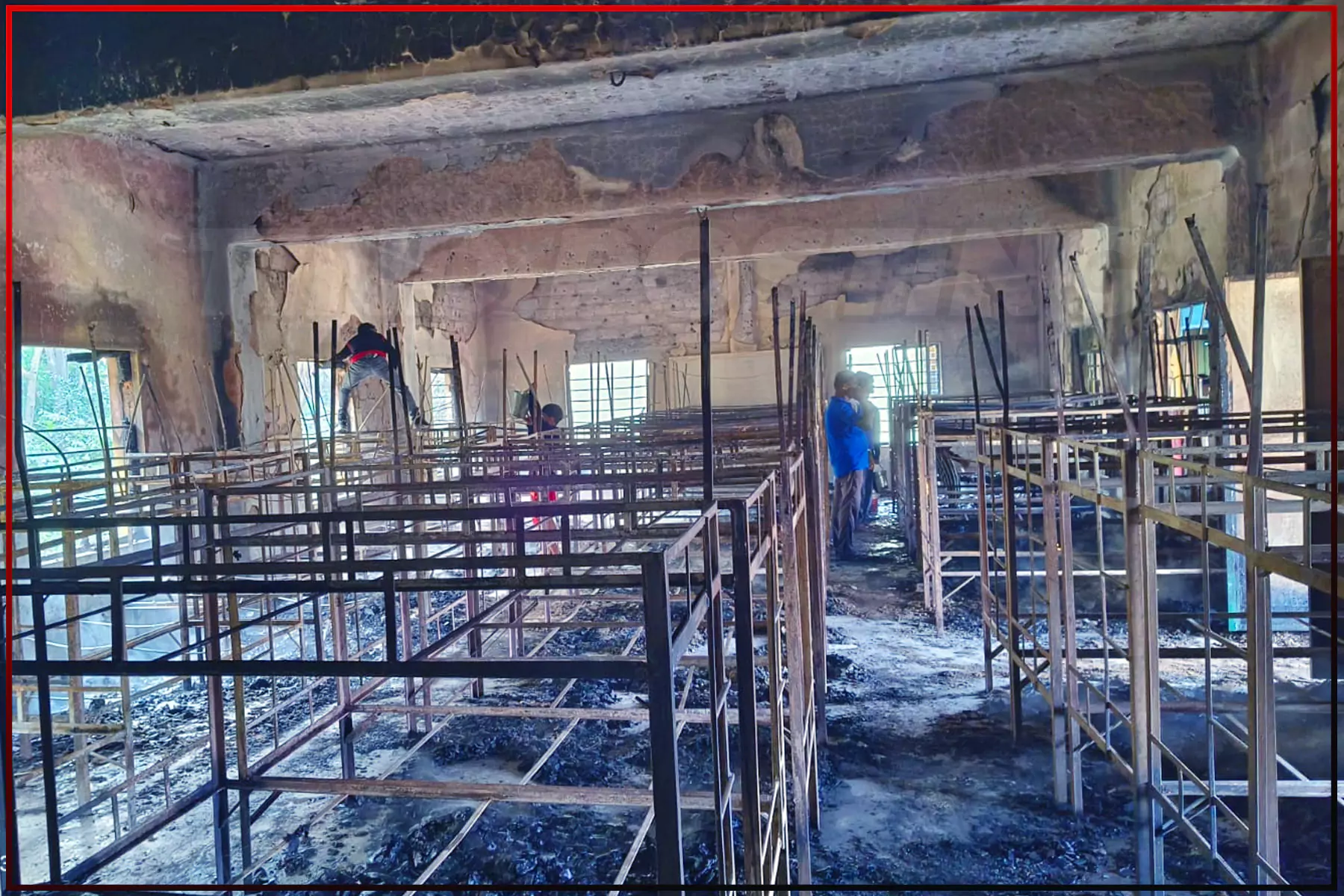On Saturday, Amit Shah, the Union home minister, declared that the Citizenship Amendment Act (CAA) would be promulgated and put into effect before to the next Lok Sabha election, referring to it as a “act of the country.” Shah emphasised that the act does not want to “take away anyone’s citizenship,” but rather to grant citizenship.
“The CAA is a national statute…It will receive notice before to the polls. There ought to be no room for doubt about that. Our nation’s minorities, particularly the Muslim minority, are being incited…There is nothing in the Act that allows the CAA to take away someone’s citizenship. Speaking at the ET Now-Global Business event in Delhi, Shah stated that the CAA is an act that grants citizenship to refugees who were oppressed in Bangladesh and Pakistan.
During the Lok Sabha elections, the BJP has made the promise to execute the CAA, which was passed by the Parliament on December 11, 2019, a major electoral agenda item.
Shah went on to accuse the outgoing Congress administration of “backtracking” on its pledge to enact the CAA nationwide.
“The Congress government made a promise with the CAA. Congress promised the refugees that they would be welcomed in India and would be granted Indian citizenship during the time when the country was divided and minorities were being persecuted in foreign countries. As reported by news outlet ANI, he stated, “Now they are backtracking.”
What is CAA aka Citizenship Amendment Act?
The administration led by Prime Minister Narendra Modi introduced the Citizenship Amendment Act, or CAA. The Act sought to grant Indian nationality to non-Muslim migrants who were subjected to persecution because of their “religious persecution or fear of religious persecution.” These migrants included Hindus, Sikhs, Jains, Buddhists, Parsis, and Christians. These migrants came from Bangladesh, Pakistan, and Afghanistan and entered India up until December 31, 2014. It did not, however, include Muslims or other groups that escaped from the same or nearby areas. Nationwide protests were sparked by this.
CAA disputes
After the CAA was introduced in Parliament on December 4, 2019, demonstrations first broke out in Assam. Following the Act’s enactment on December 11, 2019, protests grew nationwide, with some regions experiencing violent scenes. The demonstrators referred to CAA as a “attack on India’s secularism” and “discriminatory.” Thousands of protestors were detained, and sources state that a number of individuals died as a result of police action or during the protests.










